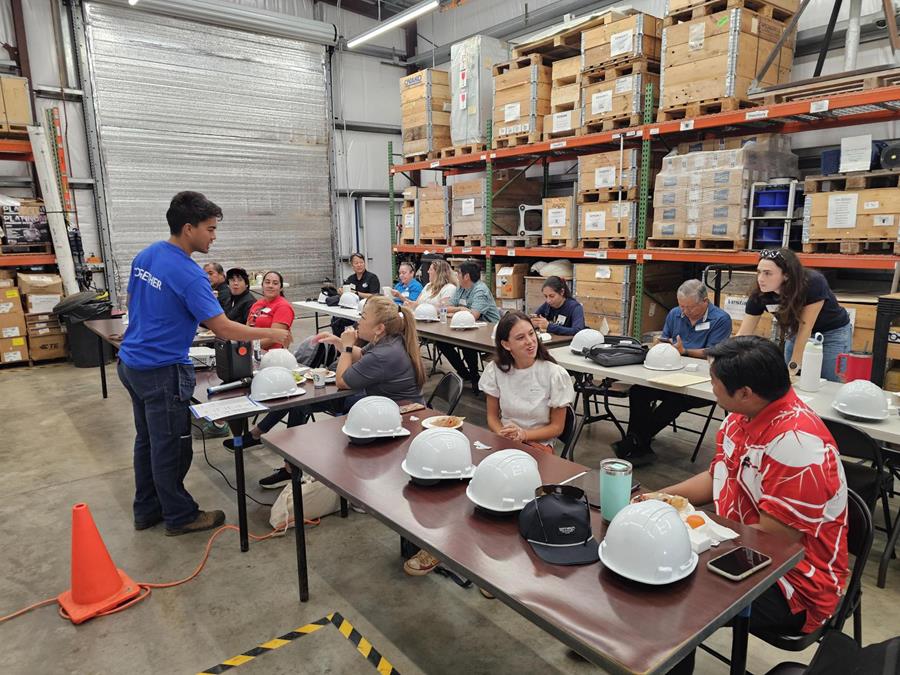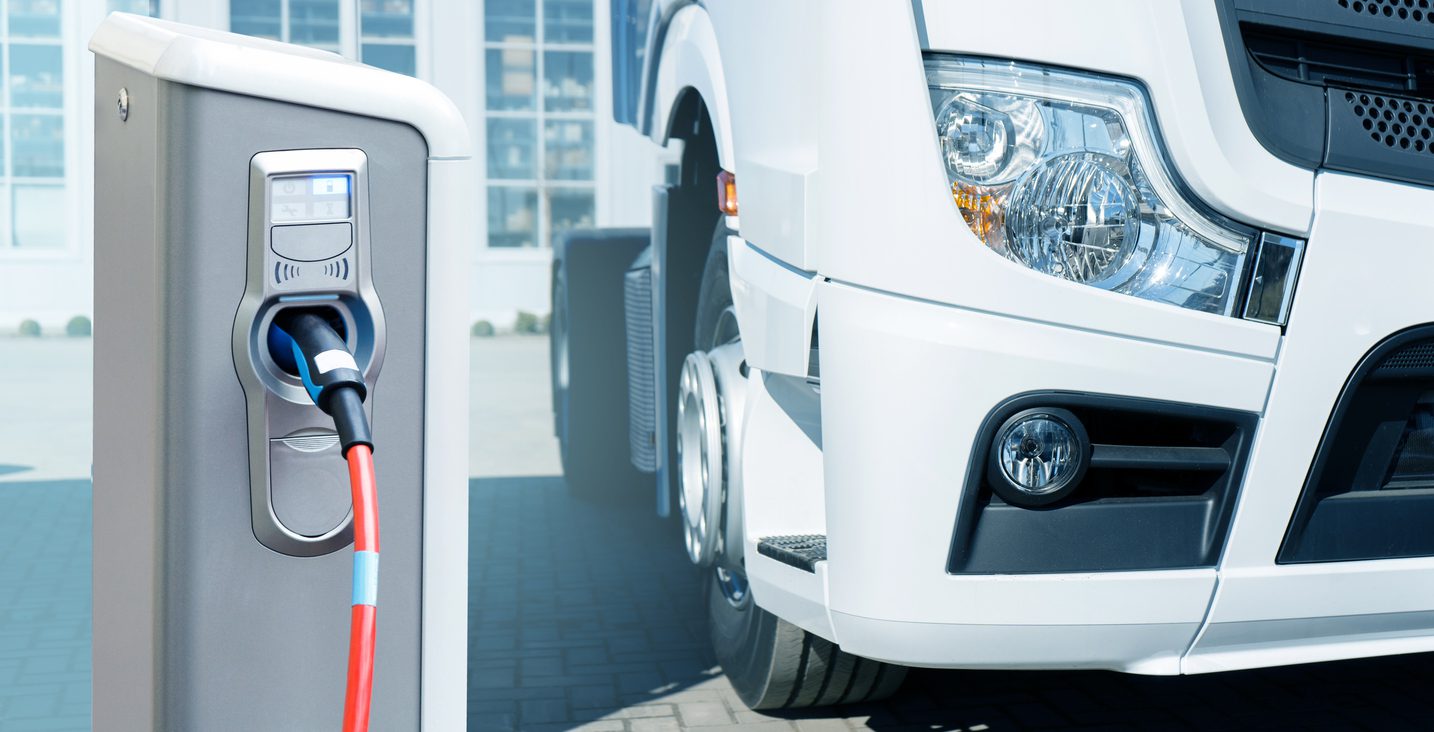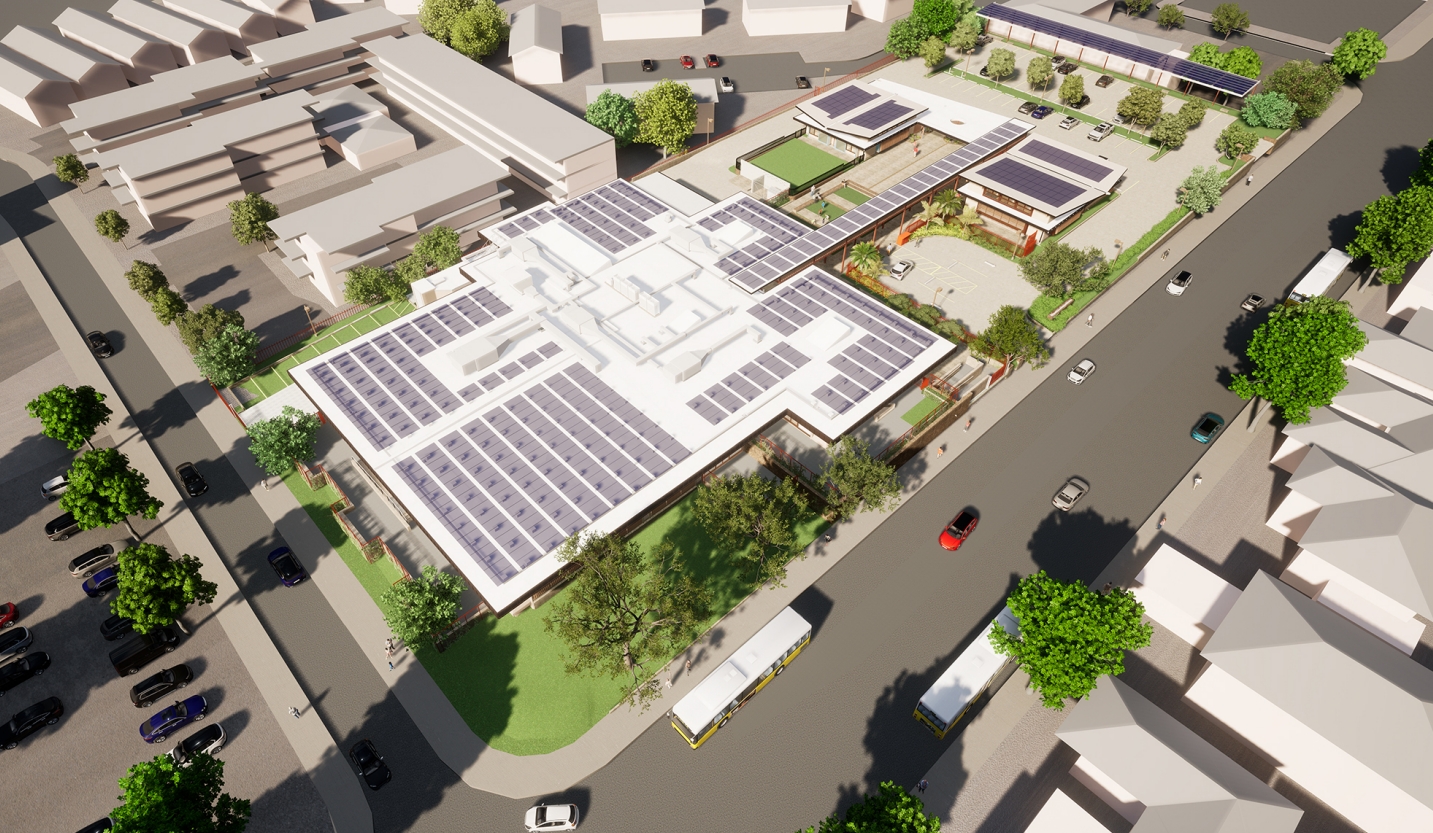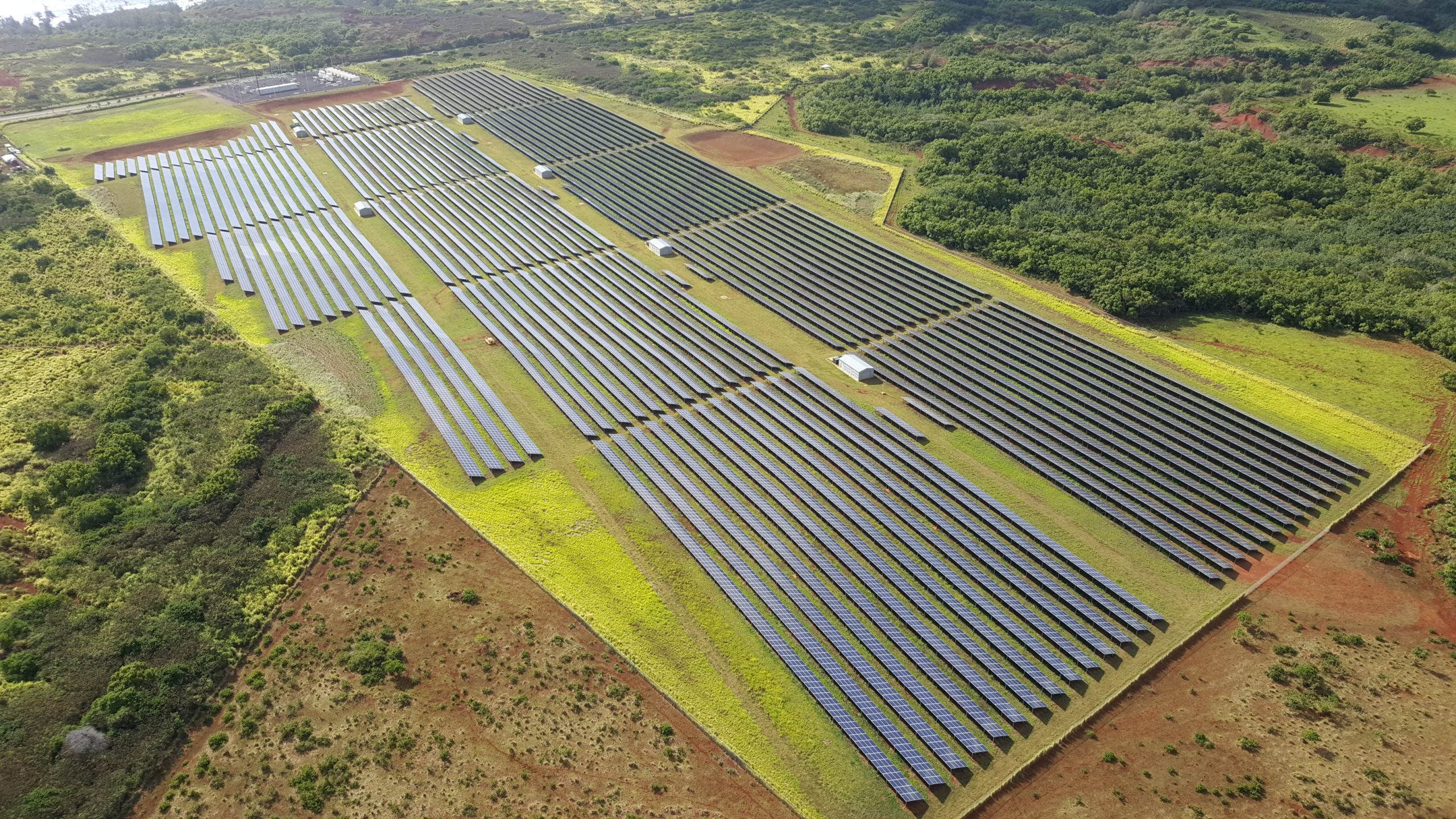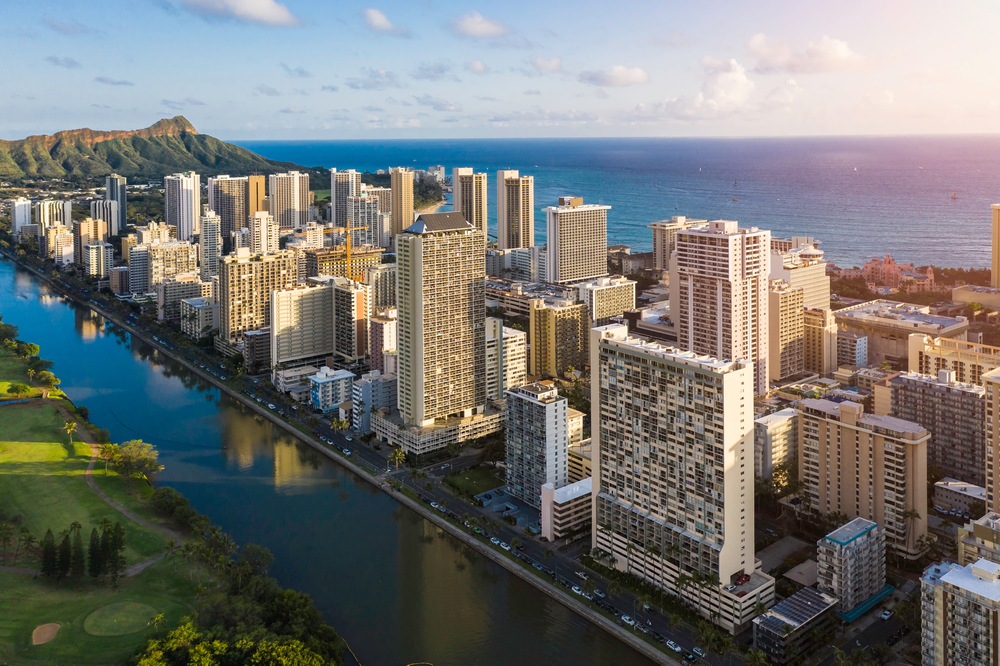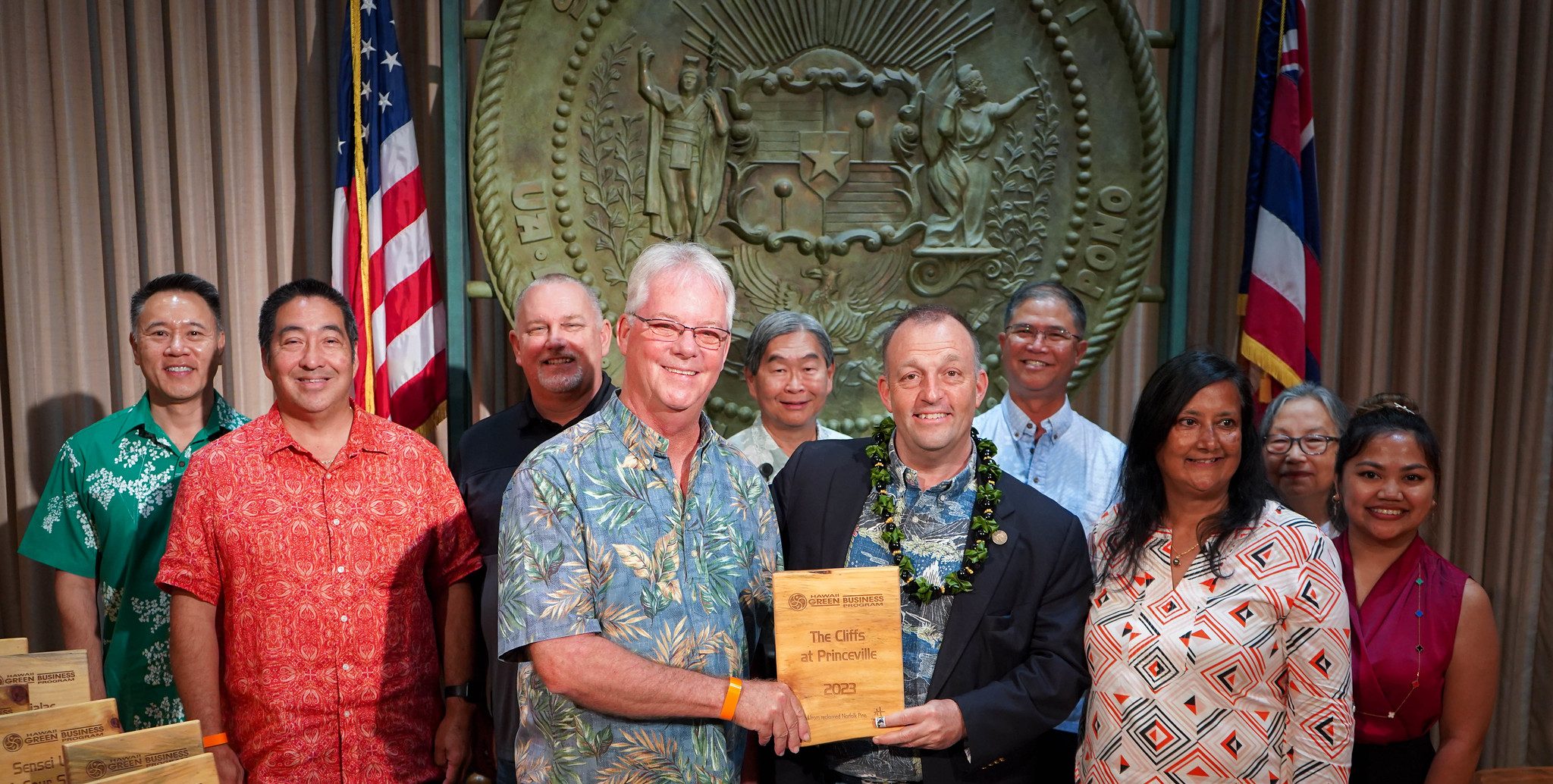HAWAIʻI STATE ENERGY OFFICE TO SUPPORT COMMUNITY RESILIENCE PROJECTS IN HAWAIʻI AND AMERICAN SAMOA
In April 2025, the Hawaiʻi State Energy Office (HSEO) became the Pacific Regional Partner for the U.S. Department of Energy’s Energy Technology Innovation Partnership Project (ETIPP), which pairs local communities with national laboratories to tackle local energy challenges through planning and deep-dive technical projects. Now welcoming its fifth cohort, the program has supported more than 80 communities in eight regions across the United States and its territories with projects that include strategic energy planning, energy generation and storage assessments, weatherization, energy system optimization modeling and other in-depth energy analysis projects.
In 2026, HSEO will support the launch of five new ETIPP projects in Hawaiʻi and American Samoa to strengthen energy reliability and security.
- American Samoa, including Tutuila and Manua Islands
The American Samoa Department of Homeland Security seeks support to reduce downtime and maintain the capabilities of critical emergency operations centers and communication towers during natural disaster events. ETIPP will help the department analyze outage frequency, evaluate on-site energy generation and storage options, and provide guidance for integrating on-site generation with existing generators to provide redundancy, reliability and security during outages.
- Hawaiʻi County
Reliable power is essential for the county of Hawai‘i’s Department of Water Supply’s provision of potable water. The department seeks paths to energy reliability that will strengthen the county’s water security. ETIPP will help the county analyze the energy use and vulnerabilities of its drinking water system and assess cost-effective solutions to improve its reliability, security and efficiency.
- Hauʻula and Punaluʻu
Hau‘ula and Punalu‘u are geographically isolated, meaning that outages are frequent, as power travels long distances to reach the communities through lines that are vulnerable to environmental damage. ETIPP will support Hau‘ula and Punalu‘u in evaluating the feasibility and capacity of on-site energy generation at key facilities to improve the reliability and security of their isolated power system and ensure that critical services continue for community members during outages.
- Wahiawā and Whitmore Villages
Wahiawā and Whitmore villages are communities on Oʻahu interested in identifying local, cost-effective energy generation and storage options to reduce costs, including from hydropower and pumped hydropower storage. ETIPP technical assistance will provide hydrologic resource modeling, conceptual microgrid designs and implementation strategies to improve the reliability and security of Wahiawā and Whitmore’s energy systems.
- Wai‘anae
Through ETIPP, Waiʻanae developed a strategic energy plan to identify potential solutions to support residents during emergencies and improve the reliability and affordability of their energy system. The program will continue supporting Wai‘anae’s goals for community-level reliability by evaluating potential resilience hub locations, microgrid potential and generation options.
Technical assistance from ETIPP helps communities proactively identify and implement solutions that suit their particular needs, leveraging the experience and expertise of a broad coalition of local stakeholders, regional organizations, national laboratories and the Department of Energy.
“Working with communities to enable strategic investments in energy planning and community resilience is fundamentally important to our ability to sustain a reliable, affordable, and environmentally sound energy ecosystem,” said Mark Glick, chief energy officer for the state. “All sectors of Hawai’i’s economy and well-being depend on it.”
HSEO has already supported nine communities in Hawaiʻi and the Pacific Region through ETIPP’s first four cohorts and will continue working closely with local governments and community-based organizations to develop energy solutions that address specific geographic, cultural and economic needs in Hawaiʻi and the Pacific region.
Ongoing ETIPP projects across the state include technical analysis of floating PV and pumped hydro projects on Moloka‘i, microgrids on O‘ahu, and resilience hubs on Hawaiian Homesteads on Maui.
About ETIPP
ETIPP is a community-led technical support program for coastal, remote, and island communities to access unique solutions and increase energy resilience. By uniting federal agencies, national laboratories, regional organizations, and community stakeholders, ETIPP provides tailored technical support to help communities achieve affordable, reliable solutions to their energy system challenges. This collaborative model leverages the combined expertise and resources of its partners to deliver comprehensive, practical solutions that align with local needs. Learn more about ETIPP.


